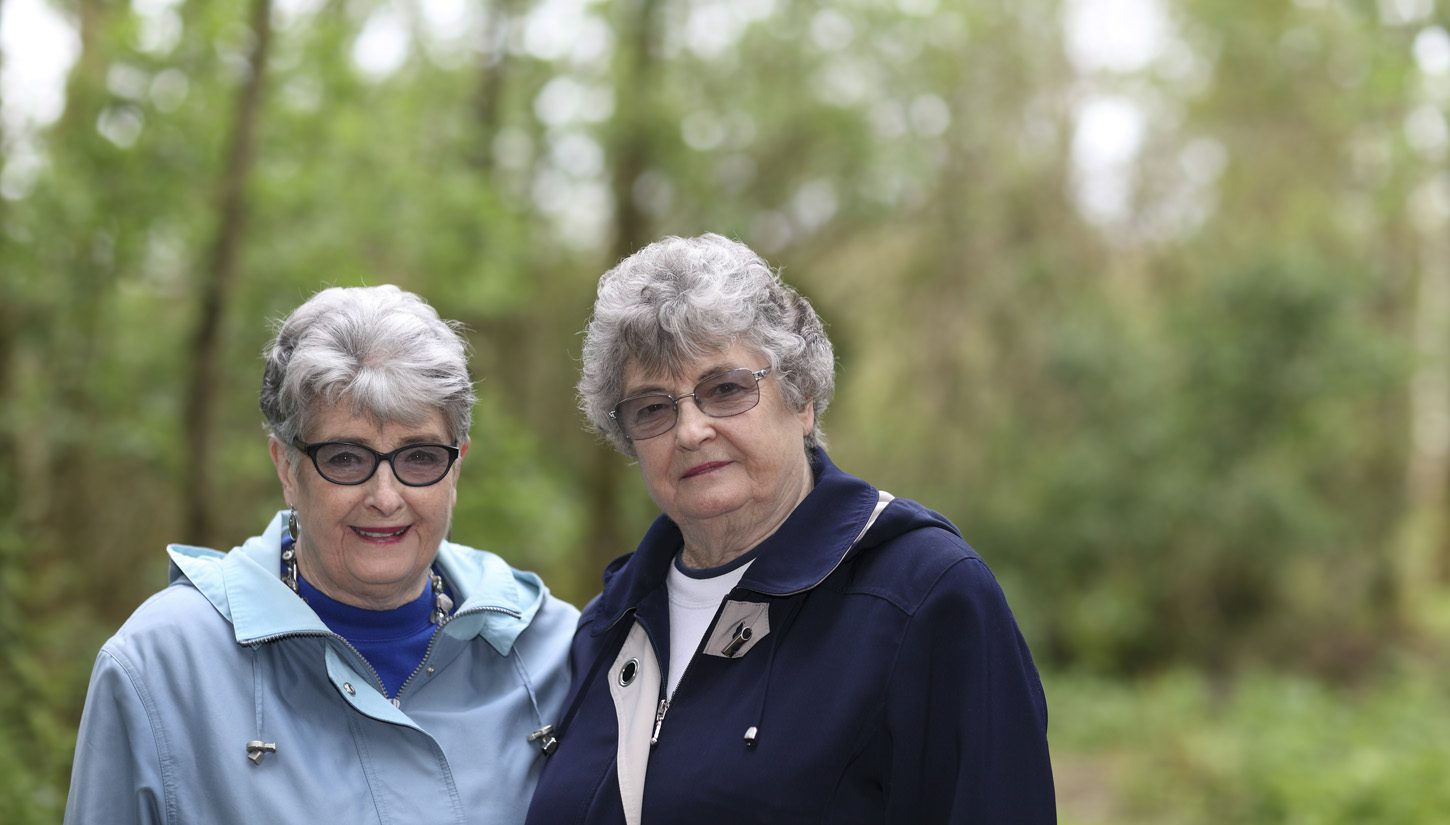In 2000, neurologist Philip Scheltens established the Alzheimer Centre Amsterdam. Today, it is one of the world’s leading centres in both scientific research and patient care. Dioraphte became involved soon after its inception. The centre’s scientific director Wiesje van der Flier talks about the benefits of two decades of intensive collaboration.
Not long after the centre started, Wiesje van der Flier joined the Alzheimer Centre Amsterdam, which is part of Amsterdam UMC. The centre is one of five centres in the Netherlands, approximately 100 full-time employees – by far the largest. Dioraphte has been an important partner for the past two decades, she explains: ‘We were awarded the final funding in 2022. That year, we jointly evaluated our long-term collaborative relationship. The contribution from Dioraphte has been indispensable to both the set-up and continued development of our centre. With the short turnaround time for project applications and our relationship of mutual trust, we have always been able to react quickly and stay ahead of the game.’
‘Dioraphte was instrumental in contributing to our twins’ research. We’ve been observing a hundred cognitively healthy identical twin pairs for the past seven years. This has resulted in some strong publications, further grants and research on blood-based biomarkers for Alzheimers’.
Anouk den Braber, research fellow Alzheimer Centre Amsterdam
The fundraising flywheel
Particularly when it comes to pioneering research, it is crucial to be able to respond promptly to new developments, explains Van der Flier. ‘When you start a new line of research, it is impossible to know if you will achieve any results and how quickly. This too is part of research. Dioraphte understands this very well and is not afraid to take risks.’ The donations have often functioned like a flywheel, she continues. ‘We were able to set up or strengthen lines of research, demonstrate the preliminary results, and thereby significantly increase the probability of new collaborations and grants.’ Consequently, the research arm of the centre is thriving. It gives many young researchers the opportunity to take career paths as PhDs and postdocs and make steps as scientists.
The launch: a database
The initial financial contributions from Dioraphte, made in 2003 and 2005, were to help finance a database. This now contains almost 8,000 patients who consented to their medical data being used in scientific research. Collectively, they constitute the Amsterdam Dementia Cohort (ADC), which is renowned in the field globally. As a result, research groups from other countries come to Amsterdam specifically to learn about how to set up such a database. By helping to build the infrastructure for dementia research, Dioraphte contributes to facilitating the knowledge of tomorrow.
Meanwhile, the Alzheimer Centre Amsterdam is embedded in society. Van der Flier: ‘Through our website www.alzheimercentrum.nl we inform people about the results of our research. We organise patient days and webinars, and have our own podcast: Hersenhelden (‘Brain Heroes’). While scientific research is crucial, we also aim to raise broader social awareness.’ It all ultimately serves one purpose: to ensure dementia is discussed and made treatable and then ultimately cured. ‘This is an ambitious goal. In our view, you achieve real progress by combining scientific research with patient care. The way it’s done at our centre.’
Direct application of scientific knowledge
Alzheimer Centre Amsterdam has done a lot to develop new diagnostic techniques, such as biomarkers in cerebrospinal fluid. Or an innovative questionnaire used to measure the daily functionality of people suffering from dementia. Van der Flier: ‘Each year, we treat many patients from all over the Netherlands, particularly people with early onset of the disease. Our scientific research enables us to incorporate new insights directly into clinical practices. This way, we are continually delivering the best care. Dioraphte has also made an essential contribution to this.’
‘I had caught the attention of researchers because, at an advanced age, I still have such a lucid mind. Apparently I carry a gene that prevents Alzheimer’s. Wouldn’t it be great if a drug against Alzheimer’s could be developed on the basis of my brain!’
Theo, a participant in the 100 plus research project
2 decades of working together on dementia research
- 29 funded projects
- 4.9 million euros donated
- 5 PhD’s for junior researchers
- 5 postdoctoral fellows offered the opportunity to launch their careers
- > 40 papers published
